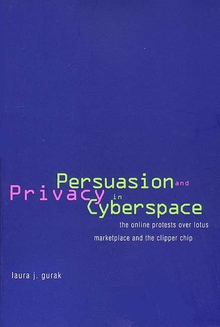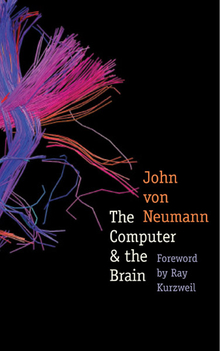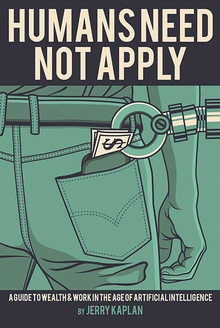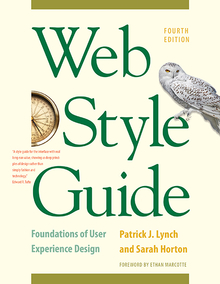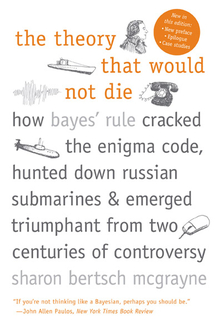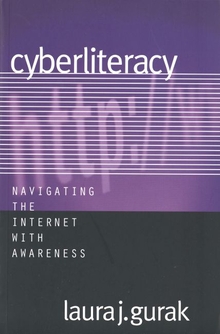Persuasion and Privacy in Cyberspace
WARNING
You are viewing an older version of the Yalebooks website. Please visit out new website with more updated information and a better user experience: https://www.yalebooks.com
The Online Protests over Lotus MarketPlace and the Clipper Chip
Laura J. Gurak
In 1990, Lotus Development Corporation announced the forthcoming production of a direct-mail marketing database that would contain the names, addresses, and spending habits of 120 million American consumers. A grassroots outcry on the Internet resulted in a decision by Lotus to cancel the project. In 1994, the U.S. government proposed a new encryption standard called the Clipper chip, which, for the purposes of national security, could decrypt any message on any telephone in which it was installed. This encryption standard was implemented, despite opposition in the form of an online petition of more than 40,000 signatures. Laura J. Gurak tells the full stories of these protests, analyzes the resulting rhetoric and the reasons for the different outcomes, considers positive and negative aspects of computer-mediated communication, and challenges claims about cyberspace as a bastion of free speech by pointing out problems of access, structure, and gender bias on the Internet. In addition, since both cases involved technologies that raised concerns about the right to privacy on the Internet, she discusses issues of privacy in cyberspace.
"An excellent book: carefully researched and full of insights about how online communities operate. It is an important examination of the power and limitations of rhetoric in a political, social, and economic context."—Technical Communication Quarterly
"A well-written, original, insightful, and intriguing analysis of the impact of the new communication technologies on public discourse."—Stephen Doheny-Farina, author of The Wired Neighborhood
"A thoughtful, incisive, and well-researched study of the first two political campaigns organized on the Internet. Gurak helps make clear the discourse of net activism. Her work will be cited by organizers and researchers for many years to come."—Marc Rotenberg, director, Electronic Privacy Information Center, Washington, D.C.
"Gurak has targeted a broad audience, and she saves much of her theoretical discussions—of which there are plenty—for her endnotes. She provides an intriguing look at a new phenomenon."—Booklist
"Laura J. Gurak's book . . . is a clear, concise, and interesting look at two very different recent cases in which communities of online citizens used the virtual medium—mostly e-mail, newsgroups, and listservs—to try to thwart some big plans made by large organizations. . . . An excellent book: carefully researched and full of insights about how online communities operate. It is an important examination of the power and limitations of rhetoric in a political, social, and economic context."—Technical Communication Quarterly
"A timely read for scholars in rhetoric and public address. . . . Her study offers a model of careful, detailed analysis that produces grounded claims about the promises and perils of public communication online."—Barbara Warnick, Quarterly Journal of Speech
"[Gurak] provides a clear and entertaining narrative, making understandable the complicated circumstances and technical details of these early uses of the Internet for social action."—Lori Kendall, Contemporary Sociology
"An intriguing look at a new phenomenon."—David Rouse, Booklist
"Gurak has written a compelling story of protests on the Internet—a story written as much for lay audiences as for scholarly ones. She negotiates these dual audiences well, producing a book that is both eminently readable and intellectually grounded."—Libby Miles, Journal of Business and Technical Communication
Publication Date: February 8, 1999

